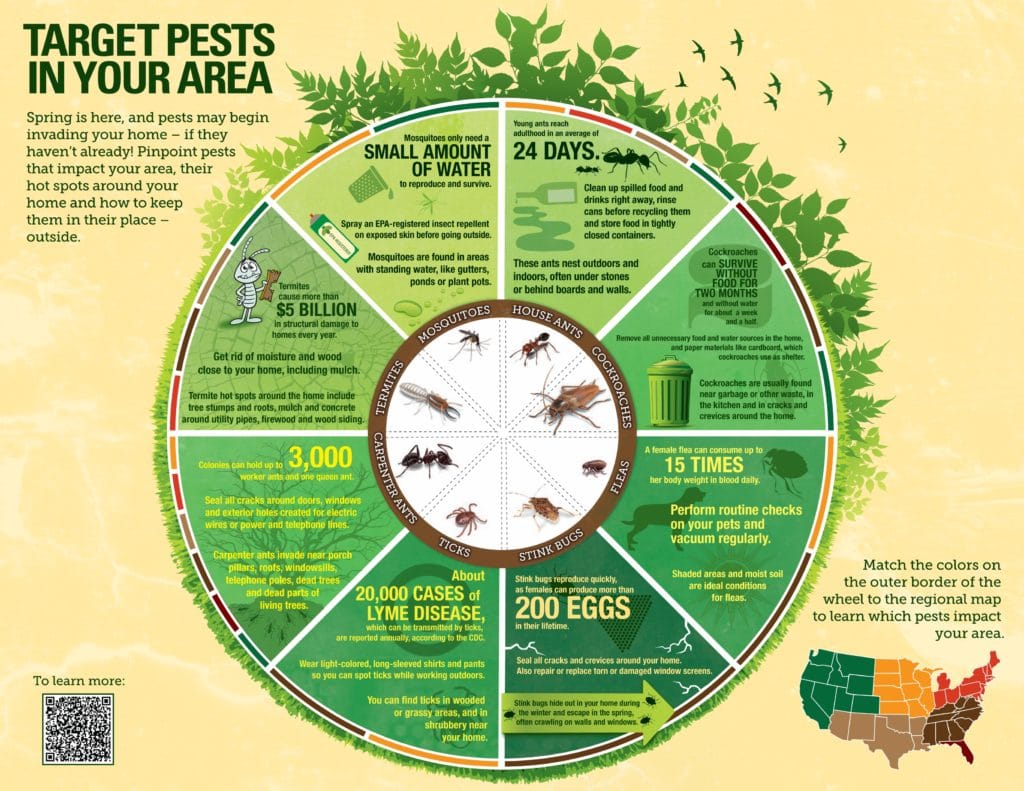Understanding The Behavior Of Rats: An Overview To Rat Control
Understanding The Behavior Of Rats: An Overview To Rat Control
Blog Article
Material Author-Andresen Finch
Have you ever wondered why rats seem to be so elusive and hard to manage? Understanding the actions of rats is key to efficiently handling their populations.
By getting understanding into their communication patterns, feeding behaviors, and nesting and reproducing habits, you can develop methods that will aid you maintain these pesky rodents at bay.
So, allow's discover pest and termite control near me of rat actions and uncover just how this expertise can equip you in the fight against these unwanted residence visitors.
Interaction Patterns
To recognize rat habits, it is necessary to research their communication patterns. Rats are very social animals and depend on interaction to endure and grow in their atmosphere. They make use of various types of communication to communicate info to other rats in their team.
One important facet of rat interaction is their vocalizations. Rats produce a wide variety of noises, including squeaks, tweets, and babbling, which serve different functions. These vocalizations can express worry, hostility, or perhaps satisfaction.
Along with articulations, rats additionally connect via body language. They utilize their tails, ears, and postures to communicate messages to various other rats. For example, an upright and puffed-up stance may suggest prominence, while a squashed pose may indicate entry.
Feeding Behaviors
Rats' communication patterns give understanding into their feeding practices. Understanding just how rats feed can help us better regulate their populations. Right here are five bottom lines regarding their feeding habits:
- ** Omnivorous diet regimen: ** Rats are opportunistic eaters and will certainly take in virtually anything they discover. From grains and fruits to meat and even waste, their diet is incredibly diverse.
- ** Hoarding habits: ** Rats have a natural reaction to hoard food. They'll collect and save excess food in hidden places for later intake, making it challenging to locate and eliminate their food sources.
- ** Nocturnal feeding: ** Rats are primarily nighttime animals, suggesting they're most energetic during the evening. They choose to feed under the cover of darkness when they feel more secure and less most likely to run into predators.
- ** https://www.mypmp.net/2023/05/23/ecofusion-pest-control-opens-new-location/ : ** Rats call for a consistent resource of water to survive. They'll often choose water resources near their feeding areas, such as leaky pipes or open containers, to please their hydration needs.
- ** Scavenging habits: ** Rats are highly competent scavengers, which allows them to grow in urban settings. They'll search for food in garbage containers, dumpsters, and various other locations where human waste is present.
Nesting and Reproduction Behavior
Nesting and reproducing actions in rats involves the creation of complex burrows and the establishment of ordered social structures.
Rats are understood for their capability to dig complicated systems of tunnels, which serve as their nests. These burrows offer shelter, protection, and a safe place for reproducing. The nesting behavior of rats is driven by their reaction to find a safe and comfortable space for elevating their young.
Within these burrows, rats develop an ordered social structure, with leading individuals inhabiting higher placements. This pecking order determines access to resources such as food and mates.
Reproducing habits in rats is defined by territoriality, with men competing for the chance to mate with women.
Understanding the nesting and breeding actions of rats is crucial for effective rat control approaches.
Verdict
So, currently you have a better understanding of the detailed globe of rat actions. browse around this site have distinct communication patterns and show interesting feeding behaviors.
Their nesting and breeding behavior, while respected, can be a delicate subject. By acquiring insight into their habits, we can come close to rat control with even more compassion and performance.
Remember, dealing with the presence of these resourceful rats calls for a nuanced method that values their all-natural impulses.
